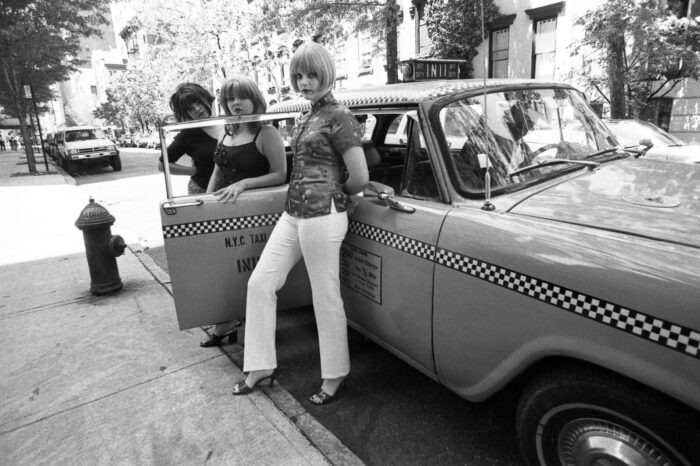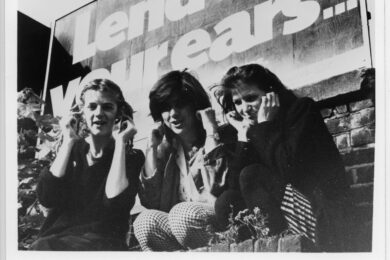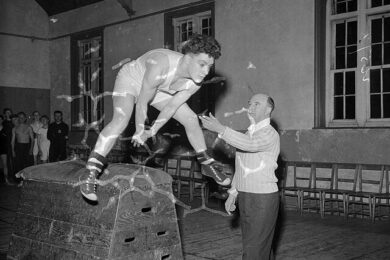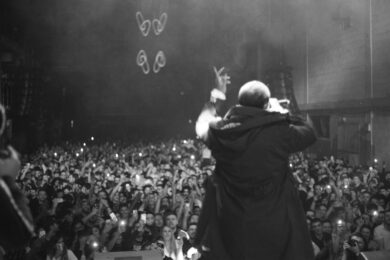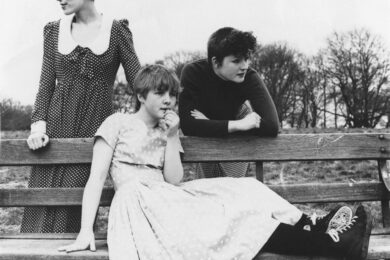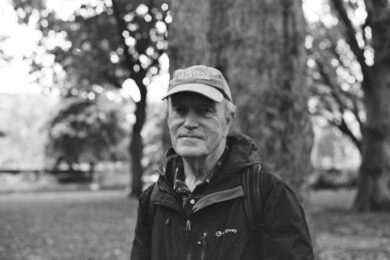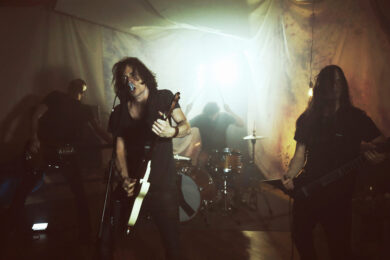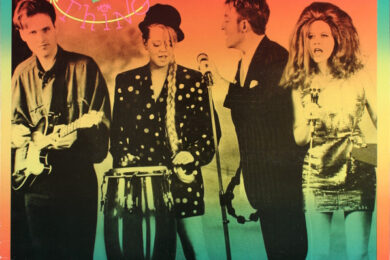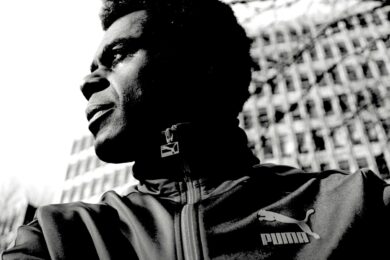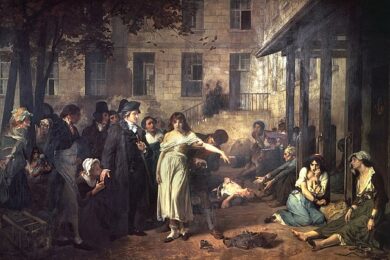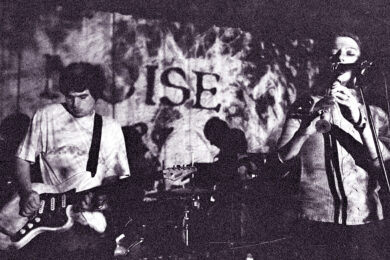


Books
From the esoteric to the sonic, tQ’s bookshelf revealed
Fight The Power: Chuck D on the Politics of Hip Hop
The Public Enemy frontman has always been one of rap music’s most articulate advocates, but in 2022 he shifted career from MC to university lecturer. In an exclusive extract from his new book, In The Hour of Chaos, Chuck D talks about the cultural politics of hip hop and what it means for the future
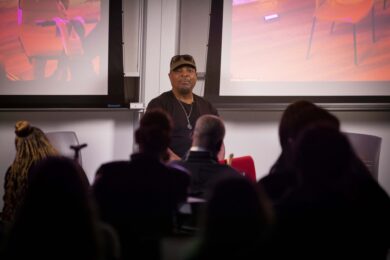
What Makes a Classic Album in the Streaming Era? or What Charli XCX Could Learn from The Police
In an exclusive extract from his new book, Body of Work: How the Album Outplayed the Algorithm and Survived Playlist Culture, author Keith Jopling looks at the curious phenomenon of the 'vanishing LP' – as well as the ones that didn't
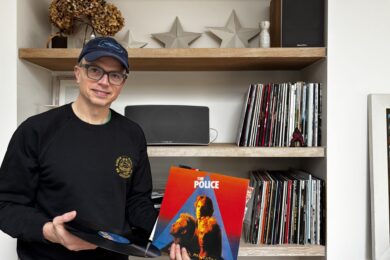
Ain’t Hip To Be Labelled A Hippie: The Suburban Origins of De La Soul
The origins of hip hop may be indelibly associated with New York's Five Boroughs – and the South Bronx, in particular. But in the 1980s, Long Island's De La Soul – and near contemporaries like Biz Markie, Public Enemy and Rakim – brought a new suburban sensibility to the genre. In an exclusive extract from his new book, Living in a D.A.I.S.Y Age, West Virginia University Professor Austin McCoy recounts the group's early years
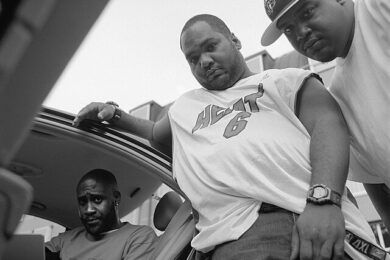
Schattenfroh: A Fable About Totalitarianism Written in Brain-Fluid
An interview with the book’s author Michael Lentz and its translator, Max Lawton, about the German cult novel Schattenfroh, a bizarre and troubling novel for our bizarre and troubling times, and its timely appearance in an English-language edition

The Lodger In Me: Bid from The Monochrome Set on the Aneurysm that Changed His Life
In an exclusive extract from his new book, Strange Young Alien, the founder member and principal songwriter of the Monochrome Set discusses the ruptured cerebral aneurysm that changed the way he thought about music and the creative process
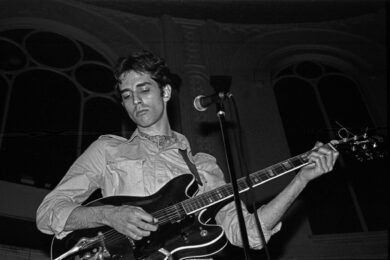
Stroppy, Optimistic, Overdressed Young Men: Robert Elms Remembers the Blitz Club
Blitz: The Club That Created the Eighties, a new book by Robert Elms, returns the reader to a bygone London of squats full of future popstars and cans of Red Stripe to recall the nightclub that birthed Spandau Ballet and Visage and might just have invented the future

Demolishing the Outmoded Society: Michel Faber on Situationism and the French Rock Underground
Ian Thompson’s new book Synths, Sax & Situationists explores the legacy of soixante-huit through the music of bands like Cheval Fou, Barricade, Maajun and Fille Qui Mousse. It offers a “vivid” account with an “impressive” number of interviews, finds Michel Faber
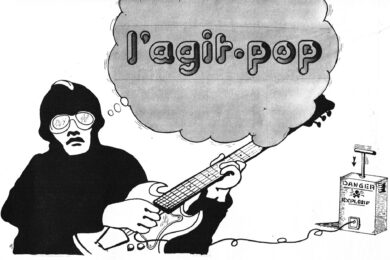
Hypnosis for Cats: Ben Pester’s Expansion Project Playlist
Ben Pester's brilliantly surreal new book is a "horror novel about office work" where the monster is a business park. Here he takes us through the songs he played while writing and the songs the book seems to summon for him now it's finished and (almost) out in the world

“Want to Change My Clothes, My Hair, My Face”: How Springsteen Helped Me Come Out
In an exclusive edited extract from Niko Stratis’s new book The Dad Rock That Made Me A Woman, the award-winning Canadian writer explores trans identity, the music of the American heartlands and how the Boss changed her life for good

Artists Only? Jonathan Gould’s Book on Talking Heads and Downtown New York
Burning Down the House by Jonathan Gould tells the story of the American new wave band and the fertile scene they came up with, but does the book risk reducing the city and everyone in it to a backdrop for the group's mercurial lead singer? asks Elizabeth Wiet
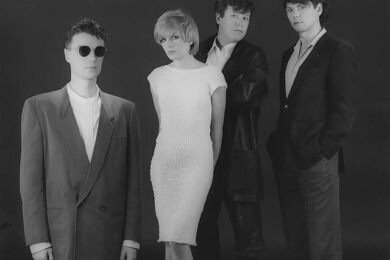
Live Happening: Peter Ulrich Recalls the First European Tour of Dead Can Dance
In an exclusive extract from his book, Drumming with Dead Can Dance: and Parallel Adventures, former Dead Can Dance drummer Peter Ulrich looks back at an almost fateful mishap in the heady days of the band's early time with 4AD

Jungle Just Crushes: Two Fingas on his Novels Chronicling London’s 1990s Ravers
As his novel Bass Instinct returns to print after 30 years as part of a long-overdue reappraisal of his trilogy of books about jungle, bass and rave in 1990s London, Two Fingas speak to Rob Corsini about being one of the few to document the subculture from within
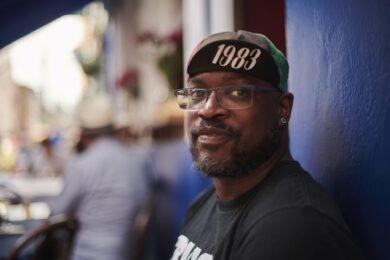
The Sound of Young Queer Scotland: An Interview with Carrie Marshall
With the release of her new book Small Town Joy: From glam rock to hyperpop: how queer music changed the sound of Scotland, author Carrie Marshall talks to Claire Sawers about growing up in 1970s Lanark, clubbing at Edinburgh's Fire Island and the "seismic" influence of Jimmy Somerville
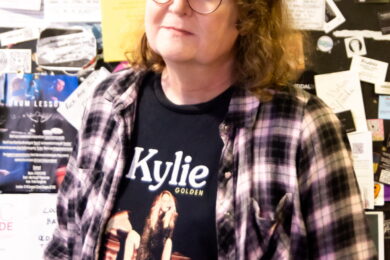
An Extract from Exterminate/Regenerate: The Story Of Doctor Who by John Higgs
John Higgs, author of books about the KLF, William Blake and James Bond, has now turned his eye to Doctor Who. In this fabulous extract from Exterminate/Regenerate, he considers Ben Wheatley's snow globe and the Tommy Westphall Universe Hypothesis...

Echoes on the Common: South Wales, Horses, and Celtic Folk Traditions
In this exclusive extract from Ecoes #7 – a new magazine issue exploring ‘the art of listening and unveiling the unseen,’ published by Sonic Acts – editor and writer Hannah Pezzack ventures into Wales' post-industrial hinterlands

